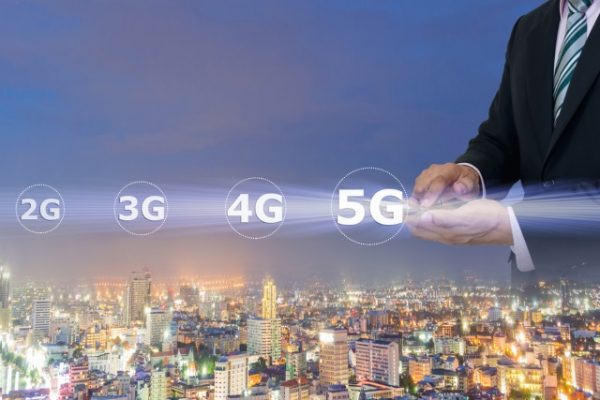How many Gs? Consumers confused about 3G, 5G and evolving mobile networks

Big changes are happening to mobile networks but many people remain confused or in the dark about what's going on.
A Ting Mobile survey of 1,500 customers across all US carriers finds 79 percent of people have no idea that the 3G network is being phased out across the country by 2021, nor how it will affect them.
"The responses to this survey are eye-opening to us, namely because they indicate widespread confusion and misinformation about the status of both 3G and 5G mobile networks," says Andrew Moore-Crispin, director of content at Ting Mobile. "While 17 percent of the mobile population using 3G doesn't sound like a lot, that's over 47 million people whose service could just stop working."
47 percent of people say they wouldn't be impacted if 3G wasn't available where they live. Only nine percent learned that 3G is going away directly from their mobile carrier. The remaining 12 percent who knew about the phase out had heard about it from another source
"It's surprising to see how many 2G and 3G users are unconcerned about their network going away -- this could be an indicator that they don't realize that their mobile devices will likely just stop working one day," says Moore-Crispin. "People on 4G LTE aren't in the clear either. To start, many IoT (Internet of Things) devices, like GPS systems, 'smart' kitchen appliances or older smartwatches may be running on 3G. Mobile users who are on 4G will also want to check to make sure that their device supports VoLTE, which will become important for maintaining the integrity of calls and phone service after 3G networks are decommissioned."
Of course 5G is rolling out, but 31 percent of survey respondents indicate that they are 'not at all interested' in purchasing a 5G device in the next 6-12 months. In fact, 74 percent of those polled ranged from being completely disinterested to a neutral position.
There's also confusion over who can actually access 5G networks already, 19 percent of iPhone users say that their phone supports 5G, however, none of the iPhone models currently available is 5G-capable.
Also 28 percent of people who bought their current phone two or more years ago thought it supported 5G, yet no phones sold two years ago were 5G compatible. 43 percent of people surveyed say that they would expect a 5G network to deliver much faster than they experience now, most seeming unaware that the speed will depend on a wide range of factors including the carrier and your exact location.
You can find out more on the Ting Mobile blog.
Image credit: kung_tom / Shutterstock
